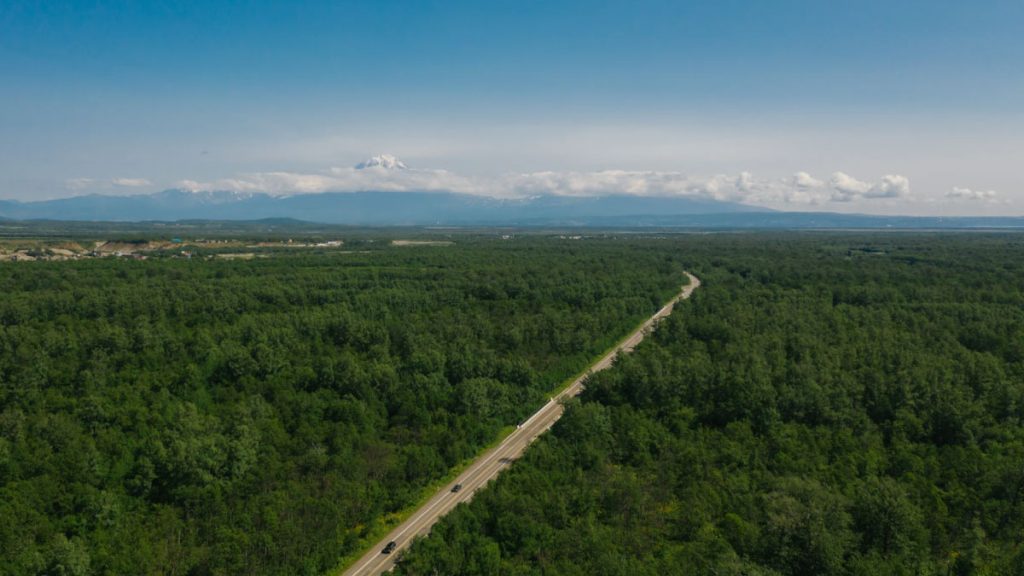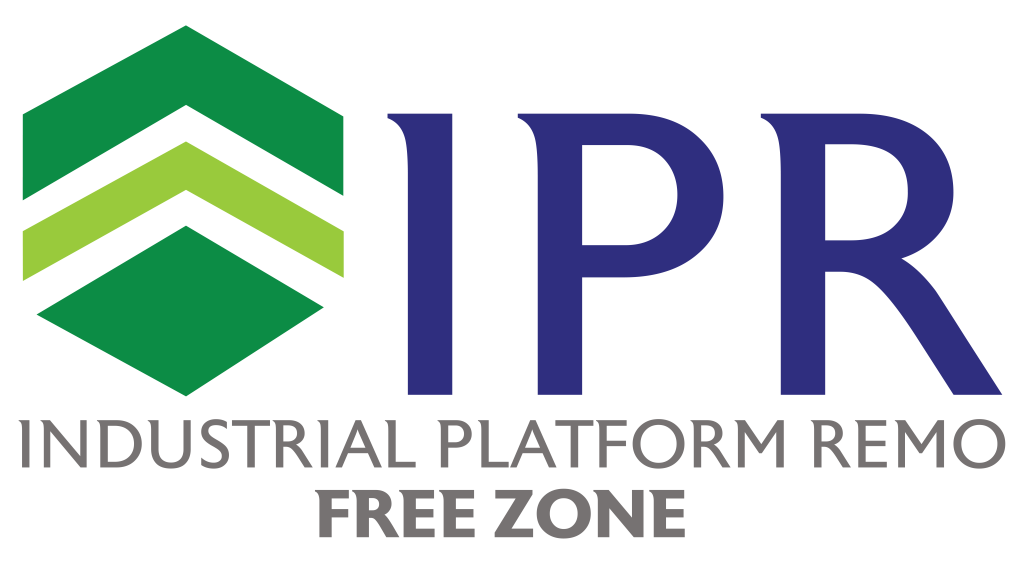Free zones (FZ) are designated areas where goods can be imported, manufactured, and exported without being subject to customs duties. Special Economic Zones (SEZs) and Free Trade Zones (FTZs) are the two primary types of free zones in Nigeria.
As of 2023, the country boasted of 46 licensed free trade zones spread across various states, which collectively attracted over $30 billion in investments since their inception in 1992.
Free zones are essential to Nigeria’s efforts to diversify its economy, create employment, attract foreign direct investment (FDI), and facilitate the export of locally manufactured goods. They are also central to Nigeria’s industrialisation drive through the provision of a controlled environment that fosters business-friendly policies as well as attracts both local and international investors seeking opportunities in sectors like manufacturing, agriculture, and oil & gas.
Assessing the Current Performance of Nigeria’s Free Zones
The performance of free zones in Nigeria has been a mix of successes and challenges. However, some zones have emerged as key drivers of economic growth, contributing to Nigeria’s industrial and export performance.
Nigeria’s free zones have also made significant strides in job creation. As of 2023, free zones collectively created over 38,000 direct jobs and close to 173,000 indirect jobs. They also generated NGN11.1 billion in revenue over a three-year period and attracted approximately $8 billion in investments.
In terms of exports, the zones have played a vital role in increasing Nigeria’s trade volumes. The manufacturing sector, especially in the food and beverage industry, has benefited from simplified export regulations. Agro-processing activities in certain zones have also expanded the country’s export capabilities in agricultural products.
Long-Term Viability of Free Zones in Nigeria
The long-term success of free trade zones in Nigeria depends on several critical factors:
1. Government Policies and Regulatory Frameworks
Free Zones in Nigeria are regulated by the Nigeria Export Processing Zones Authority (NEPZA), established under the Nigeria Export Processing Zones Act 63 of 1992.
Consistent and objective government policies are essential to build investor confidence. Frequent regulatory changes or ambiguous procedures can deter long-term investments.
2. Infrastructure Development
Robust infrastructure is vital for the sustainability of free zones. Efficient transportation networks—including roads, railways, and ports—facilitate the seamless movement of goods. For instance, Industrial Platform Remo Free Zone’s (IPRFZ) adjacence to the Gateway International Airport in Ogun State offers strategic advantages for trade and logistics.
Additionally, reliable power supply and modern communication systems are crucial for operational efficiency within these zones.
3. Competitive Advantages
Nigerian free zones offer incentives such as tax exemptions, duty-free imports, and streamlined business registration processes to attract foreign direct investment (FDI).
However, to remain competitive globally, the country must continually enhance its business environment. This includes simplifying administrative procedures and ensuring national security to attract and retain investors.

The Future of Free Zones in Nigeria: Opportunities and Potential Growth Areas
To unlock the full potential of free zones in Nigeria, several opportunities must be leveraged:
1. Technology and Innovation
Integrating advanced technologies, such as automation and artificial intelligence (AI), can enhance the efficiency of operations within free zones. This will be particularly beneficial in the manufacturing and logistics sectors, where speed and precision are key.
2. Strengthening International Partnerships
Forming strategic partnerships with international investors can help bring in capital, expertise, and technology. Nigeria can also work with global development agencies to fund key infrastructure projects within free zones.
3. Improving Connectivity
Improved connectivity—through ports as well as road and rail networks—will enhance the movement of goods and increase the overall productivity of free zones in Nigeria. Initiatives like the Gateway International Airport in Ogun State are necessary for providing logistics support to nearby zones such as Industrial Platform Remo Free Zone. This connectivity will reduce transportation costs and improve the state’s standing as a manufacturing and export hub.
Conclusion: Are Free Zones a Sustainable Economic Model for Nigeria?
Free zones have the power to shape Nigeria’s future economy. They create an environment that fosters industrial growth, attracts global investors, and generates job opportunities. However, to ensure their long-term success, the Government needs to maintain stable policies, build strong infrastructure, and improve the ease of doing business.
By embracing technology, building strategic partnerships, and improving connectivity, Nigeria’s free zones could evolve into sustainable economic models. With the right investments and supportive policies, they can play a key role in helping Nigeria transform into a more diversified and competitive global economy.
